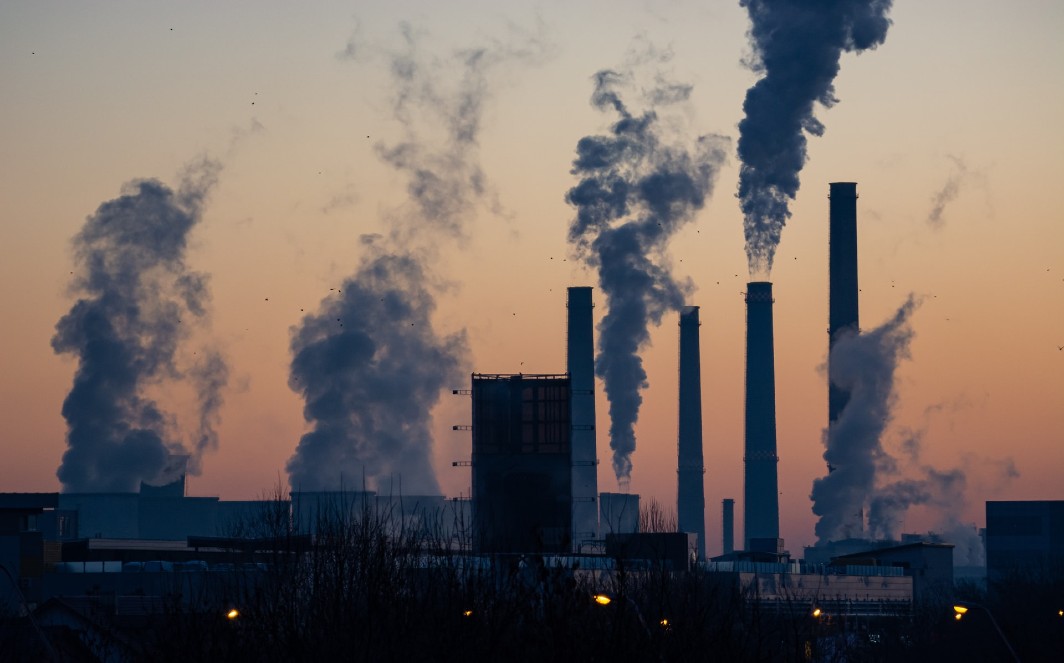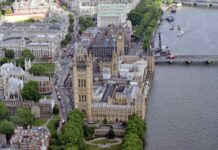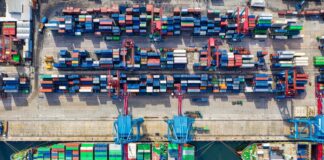Tax polluters, not people, to support COVID-19 recovery, says new report
Carbon pricing raises revenue in a better way than labour or income taxes, and should be used to support the COVID-19 recovery, says a new report from the Grantham Research Institute on Climate Change and the Environment at the London School of Economics and Political Science (LSE).
The policy brief argues that in the post-rescue phase, taxes should be moved from people to polluters, which in turn will make society less vulnerable to future climate, ecological or public health risks.
Around £15 billion a year of revenue could be earned in this way over the next 10 years, according to the brief, equating to roughly three-quarters of annual public spending on adult social care.
While businesses require government assistance during the economic crisis, the brief argues that it is the wrong moment to slow down the global progress in carbon pricing or to delay the removal of fossil fuel subsidies.
According to the report, less than 5 per cent of global emissions covered under carbon pricing initiatives are priced at a level consistent with achieving the goals of the Paris Agreement and global fossil fuel subsidies remain large.
“Carbon pricing is fair and efficient and sends a clear message that the polluter must pay. But if carbon is not priced and fossil fuels are subsidised, the post-COVID-19 recovery will be distorted in favour of a high-carbon economy which will leave society more vulnerable to future risks and lock in a high-carbon path that is more costly to reverse later” said author and Grantham Institute Policy Fellow, Josh Burke.
“Putting a price on carbon can achieve both economic and environmental objectives as carbon pricing with complementary measures will encourage the substitution of high-carbon goods and services with lower carbon technologies, stimulating sustainable growth rather than driving down economic activity,” he added.
Sectoral differences
The brief stresses that the carbon price need not be uniform, but may reflect sectoral differences in investment costs, price sensitivity and distributional effects. It also warns that without a strong carbon price, a recovery in demand for oil driven by the lower price could act as a disincentive to make the shift to cleaner sources of energy.
While the brief describes the massive deployment of automatic stabilisers by many governments to the pandemic as sound economic stewardship, it cautions policymakers against imposing any kind of subsequent 2010s-style austerity.













